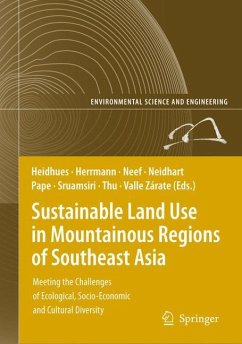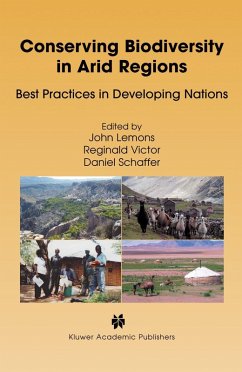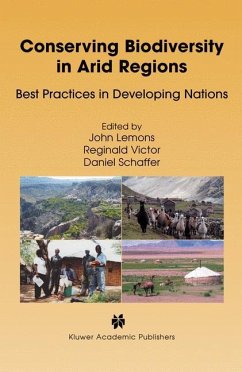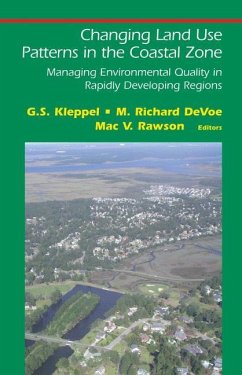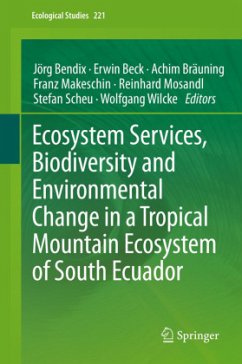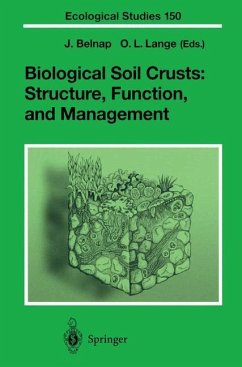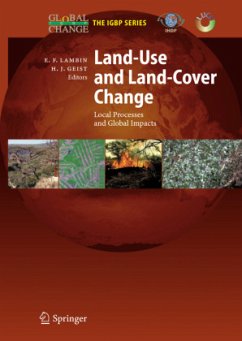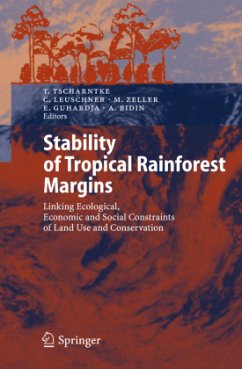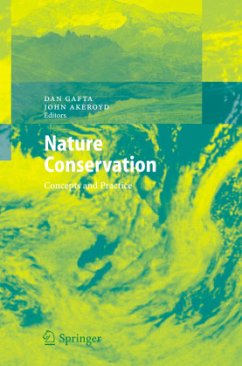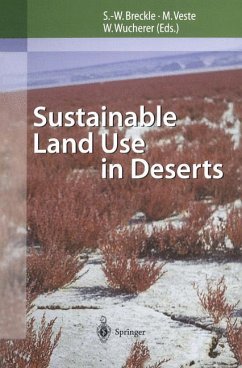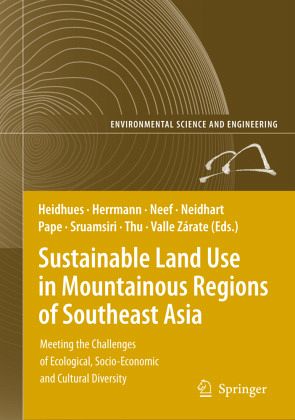
Sustainable Land Use in Mountainous Regions of Southeast Asia
Meeting the Challenges of Ecological, Socio-Economic and Cultural Diversity
Herausgegeben: Heidhüs, Franz J.; Herrmann, Ludger; Neef, Andreas; Neidhart, Sybille; Pape, Jens; Sruamsiri, Pittaya; Thu, Dao Chau; Vallé Zarate, Anne

PAYBACK Punkte
76 °P sammeln!
Mountainous regions are vitally important ecosystems. They are an important storage of fresh water and energy, a rich source of biodiversity and a significant provider of food for the people living there. They are ecologically highly variable, complex and vulnerable and ethnically, socio-culturally and economically extremely heterogeneous. At the same time they are under severe and increasing pressures caused by higher population growth, inmigration, resource exploitation and rising demands and expectations. They also account for a major share of poverty and food insecurity in rural areas. Giv...
Mountainous regions are vitally important ecosystems. They are an important storage of fresh water and energy, a rich source of biodiversity and a significant provider of food for the people living there. They are ecologically highly variable, complex and vulnerable and ethnically, socio-culturally and economically extremely heterogeneous. At the same time they are under severe and increasing pressures caused by higher population growth, inmigration, resource exploitation and rising demands and expectations. They also account for a major share of poverty and food insecurity in rural areas. Given their importance, complexity and vulnerability mountainous regions pose a demanding and new challenge for agricultural research, particularly for research that is addressing environmental sustainability, poverty and food insecurity. The University of Hohenheim's long-term research program "Sustainable Land Use and Rural Development in Mountainous Regions of Southeast Asia" (Sonderforschungsbereich (SFB) 564 der Deutschen Forschungsgemeinschaft, also known as "The Uplands Program") is taking on that challenge. It is an integrated interdisciplinary research program where sustainable innovations for agricultural production systems, combining fruit trees, crops, livestock and aquacultural production in their interaction with soil, water and agrochemical use are analysed, as well as their impact on landscape diversity and population dynamics of pests and beneficial insects. Further along the value added chain of agricultural production, potentials of product conservation, processing and marketing are studied.





